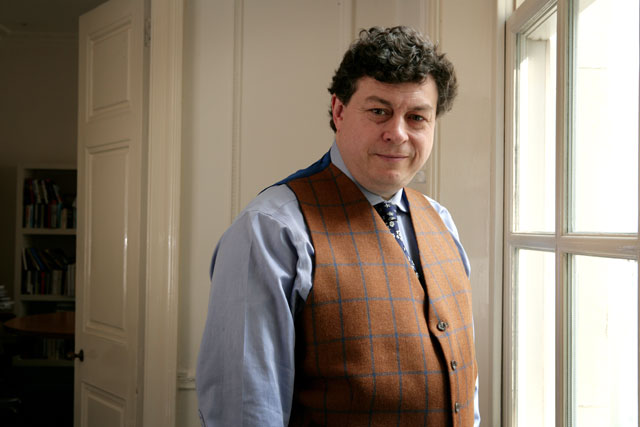First of all, the classical economic model is useful much of the time - and occasionally beautiful; a grasp of concepts such as "price discrimination" or "consumer surplus" helps explain anything from couponing to low-cost-airline pricing. Second, because behavioural economics focuses on areas where human behaviour differs from what is predicted by classical theory, it is essential to understand the original assumptions to see what behavioural economists get so excited about. But the main reason is more important. In 2011, it is impossible to understand the culture of business today - ie. the culture that pervades almost everything outside the marketing department - unless you understand the axioms on which most business thinking is now based.
The CEO of your typical client will almost certainly be a) a trained accountant b) an engineering graduate c) an ex-management consultant or d) a business-school graduate. All of which will dispose him (or, rarely, her) to the mechanistic model of business that the perfectly efficient market hypothesis describes. Moreover, because his life is spent talking to bankers and analysts who are similarly devout believers in market perfection, he has even less mental space for models of human behaviour contrary to those he has been taught, where consumers are (or should be) individualistic, rational utility-maximisers making conscious decisions on the basis of perfect information. Telling him about brand iconography is like talking to a surgeon about the healing power of crystals, or herbs.
We should not be smug about this. Most of the time, he's right. But in areas with a high dose of human psychology, there is a chance (witness the 3G spectrum auction) he may be wrong. Unfortunately, because our conventional marketing model (unlike behavioural economics models) shares no vocabulary with his own school, there is no common language in which a conversation can take place. It is because of this mental gulf that the life of advertisers and marketers has become depressing of late. Because it denies us a wider role and sense of purpose. But also because of the mechanical, emotionally bereft ways in which we are remunerated and rewarded - a system designed by accountants for accountants.
Can anyone point to a proposal from a procurement department that might provide the slightest motivation to a creative person - or which acknowledges that 90 per cent of people working in an agency are not pulling 12-hour days because they are exclusively motivated by greed? I suspect not.


